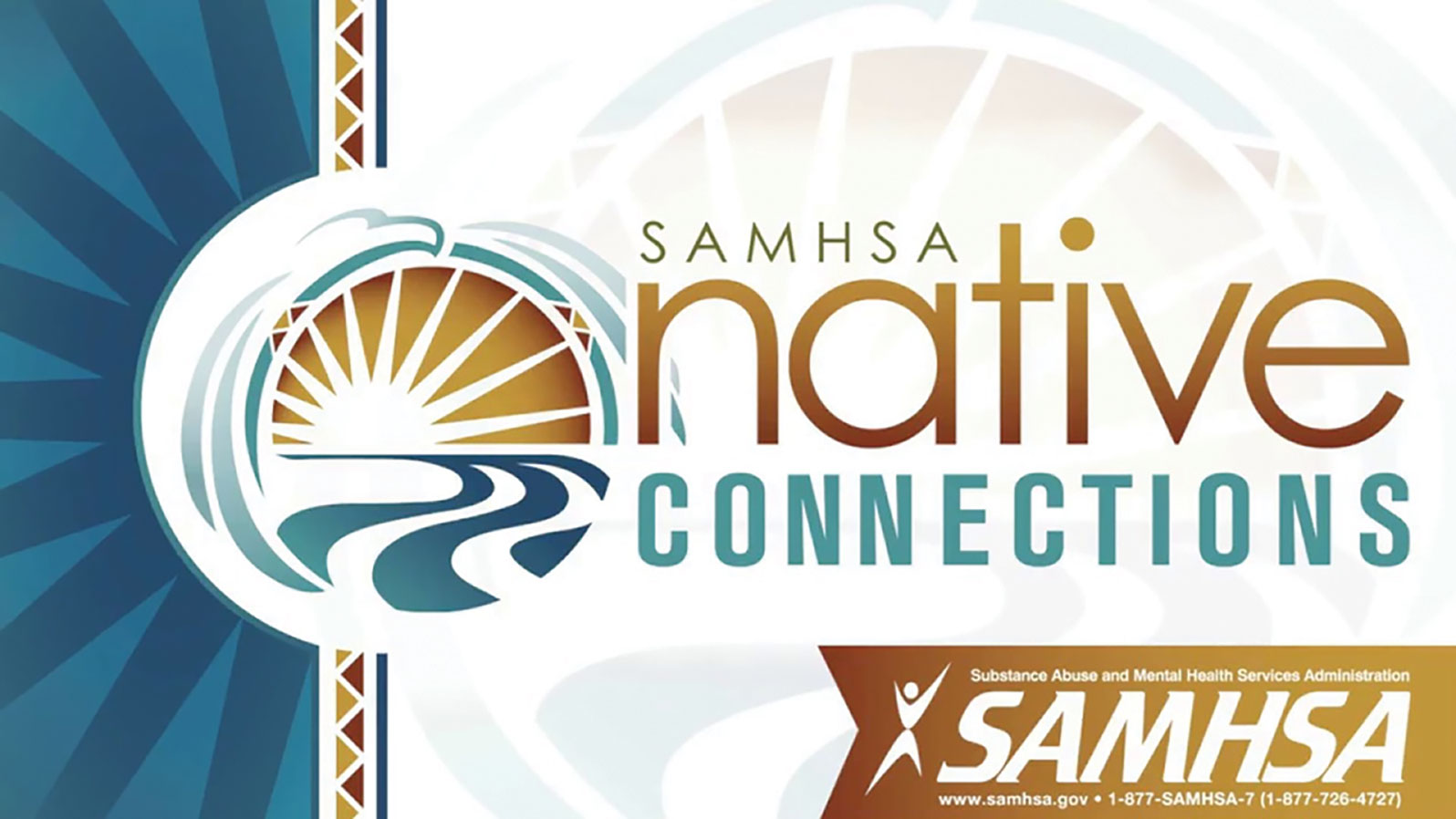Did you know that what you eat, or don’t eat, can affect not only your physical health but your mental health as well? There is a strong connection between the “good” bacteria that lives in your digestive tract and the production of serotonin and dopamine.
Serotonin and dopamine are two chemicals that our bodies produce naturally that help to improve mood. When we eat a diet that is nutrient rich, the good bacteria in our gastrointestinal tracts are able to thrive and the production of serotonin and dopamine are enhanced. On the other hand, eating too much sugar feeds the “bad” bacteria in our guts and can cause a “sugar rush.” Ultimately too much sugar will make us feel better for a very short amount of time but the “feel good feeling” is followed by a hard crash, resulting in depressed mood and inflammation that can be difficult to overcome. Unhealthy diets have also been linked to an increased risk of dementia.
So, what kinds of foods should we be avoiding? Have you ever noticed that when you get stressed you start to crave certain kinds of foods? These foods can be known as “comfort foods.” They may make us feel better for a while, but as noted above, eventually, our bodies and emotions will pay the price for eating the types of foods that increase our cortisol levels and lead to long term illness, depression, and anxiety.
Foods to avoid include:
- Alcohol.
- Caffeine.
- Sugary drinks and foods.
- Processed foods, such as chips, cookies, frozen foods and ready-made meals.
- Foods high in trans fats and excessive saturated fats, such as fried foods, red meat, full-fat dairy, butter and baked goods.
Sounds like we need to avoid all the good stuff right? Actually, it is a matter of training our bodies and minds to crave the foods that are actually going to help us maintain good physical and mental health. Just as when giving up a substance, the body will try to return to homeostasis by making us think, I NEED that substance, I NEED those potato chips, I NEED that cookie! However, taking the time to meal prep the first few weeks into a nutritious diet plan will help to manage those cravings and you won’t be reaching for those easily gotten foods with little to no nutritional value. The end results WILL be worth the initial investment of time and planning.
Foods to incorporate include:
- Whole, not processed, foods. Some studies have shown that preservatives and food colorings may increase hyperactivity and depression.
- Fresh fruits and vegetables in a variety of colors. These foods are plentiful in vitamins and minerals that our bodies need.
- Fiber Rich Foods. Plant based foods are full of fiber. This will help your body avoid sugar rushes and crashes by helping your body to absorb glucose more slowly. These foods include fruits, vegetables, whole grains, and beans.
- Foods that are rich in antioxidants. Antioxidants are inflammation fighters. These foods include berries, leafy green vegetables, some spices such as turmeric, salmon, chia seeds and dark chocolate. Leafy greens may also increase dopamine production.
- Vitamin D helps with the production of serotonin. Mushrooms may increase this vitamin, as well as vitamin supplements and exposure to sunlight.
- If your body is low in magnesium, this may lead to increased depression. Foods containing magnesium include almonds, cashews, bananas, beans, spinach and other dark leafy greens.
- WATER! Don’t forget to stay hydrated! A good rule of thumb is to drink half your body weight in ounces every day. For instance, a person who weighs 150 pounds should drink at least 75 oz of water per day. Drinking water can help alleviate depression and anxiety. Dehydration impedes your brain’s serotonin production and increases stress in your body. Drinking adequate amounts of water can serve as a way to manage anxiety symptoms. In fact, anxiety is known to be higher in those who do not drink enough water compared to those who do.
It may take some time to notice the mood boosting effects of a better diet, however the healthy choices you make each day build on each other. In time, you will see the positive results not only in your body but your overall mood as well!
It’s okay not to feel okay.
If you or someone you know has been struggling with their emotions, behaviors, or substance use please reach out to us. We can help you find appropriate tools and services that could help you overcome obstacles in your life. We are here for you. Please contact the Southern Ute Behavioral Health Division or the Native Connections Program at 970.563.5700 for more information or to set up an appointment to see a counselor or therapist.
Reminder: If you need to talk to someone, please reach out.
It’s okay not to feel okay. Please contact us if you or someone you know has been struggling with their emotions, behaviors, or substance use. We can help you find appropriate tools and services that could help you overcome obstacles in your life. We are here for you. Don’t hesitate to contact the Southern Ute Behavioral Health Division or the Native Connections Program at 970-563-5700 for more information or to set up an appointment to see a counselor or therapist. Or you can call the NEW Nationwide Suicide and Substance Use Crisis line: 9-8-8 #988Lifeline
And for those interested in opioid use education, harm reduction, and support, please contact us for quick Naloxone (Narcan) training and fentanyl test strips. We can schedule individual, family, or friends training times at our Southern Ute Behavioral Health Building, or we can come to you, and the training is around 30 minutes. Please call us at 970.563.5700 to set up a training appointment.

